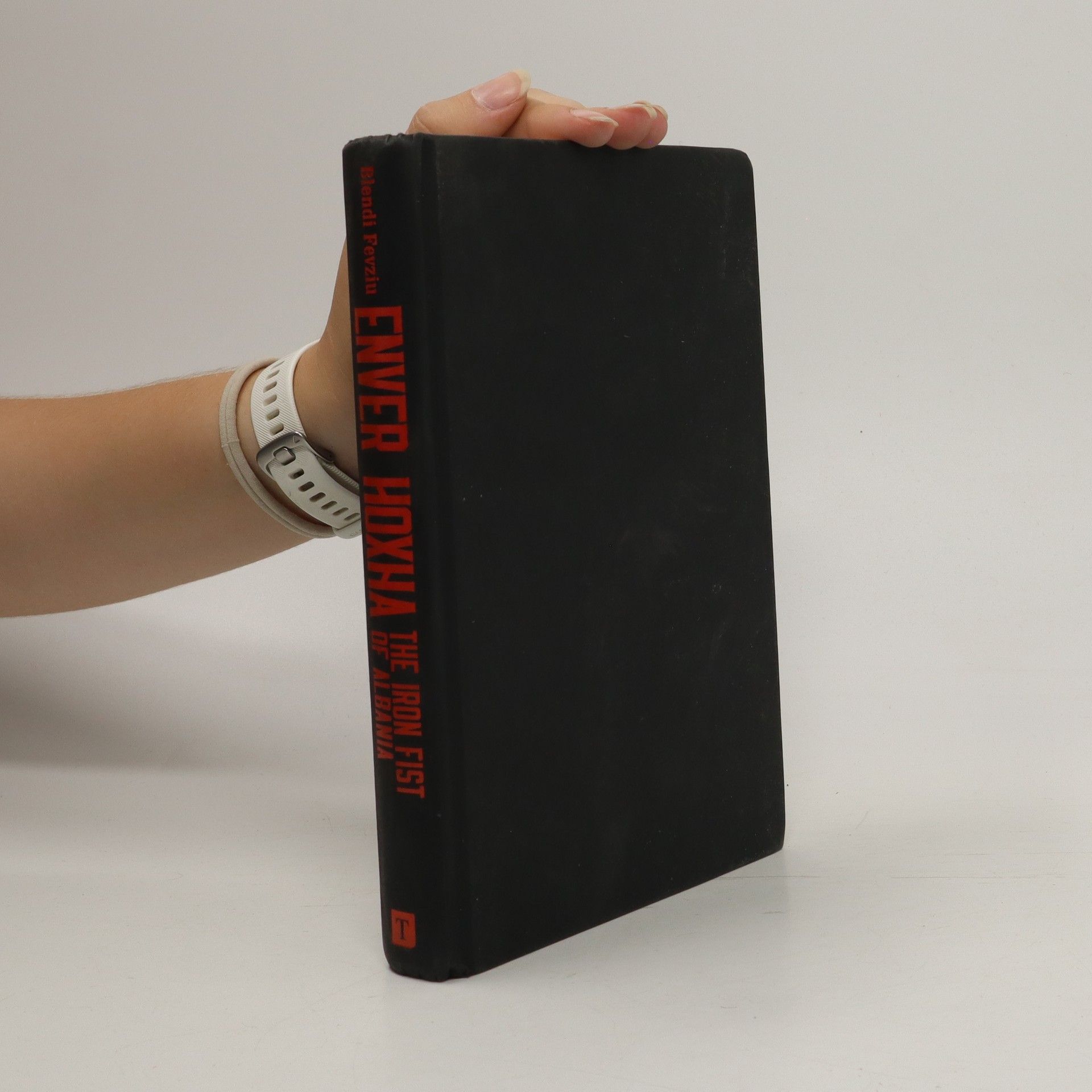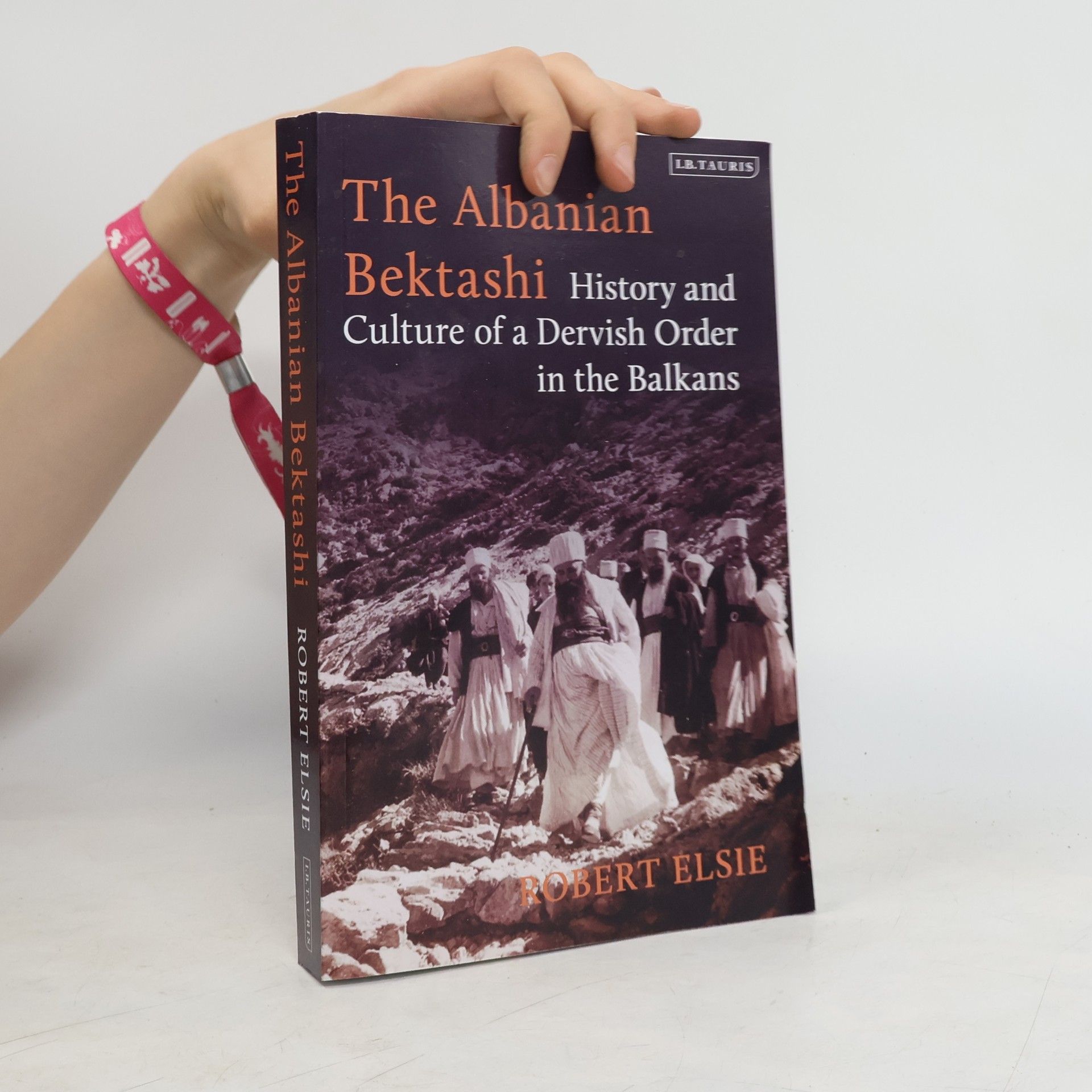The Albanian Bektashi
History and Culture of a Dervish Order in the Balkans
- 390 pages
- 14 hours of reading
The Bektashi dervish order is a Sufi Alevite sect found in Anatolia and the Balkans with a strong presence in Albania. In this, his final book, Robert Elsie analyses the Albanian Bektashi and considers their role in the country's history and society. Although much has been written on the Bektashi in Turkey, little has appeared on the Albanian branch of the sect. Robert Elsie considers the history and culture of the Bektashi, analyses writings on the order by early travellers to the region such as Margaret Hasluck and Sir Arthur Evans and provides a comprehensive list of tekkes (convents) and tyrbes (shrines) in Albania and neighbouring countries. Finally he presents a catalogue of notable Albanian Bektashi figures in history and legend. This book provides a complete reference guide to the Bektashi in Albania which will be essential reading for scholars of the Balkans, Islamic sects and Albanian history and culture.


